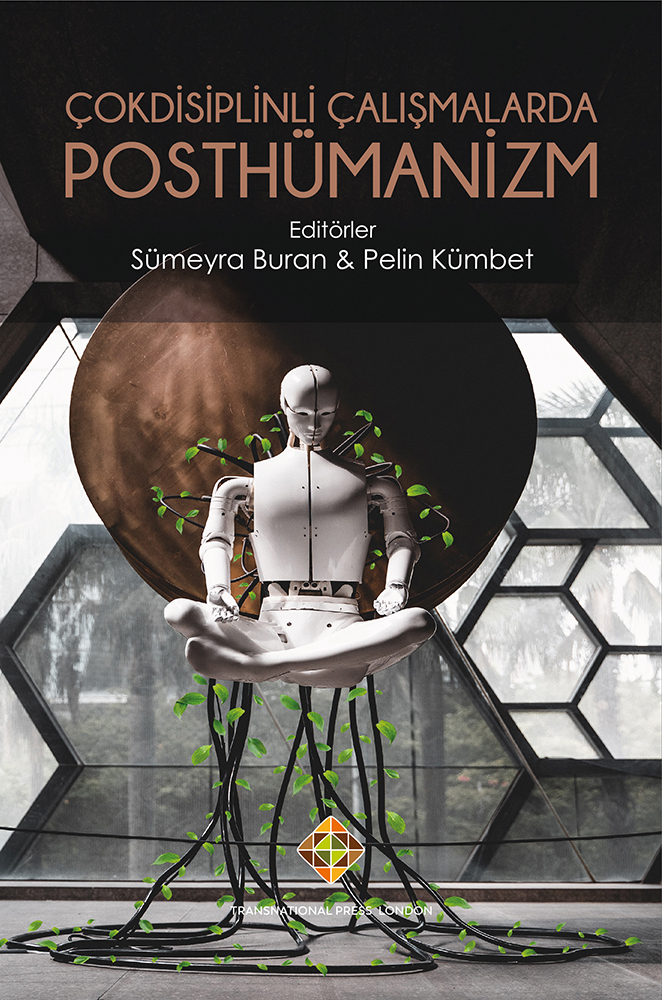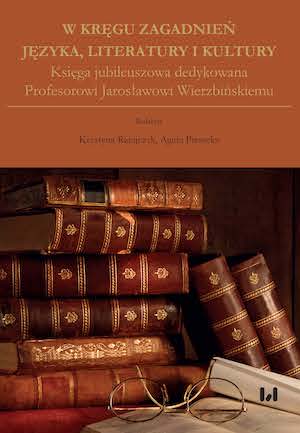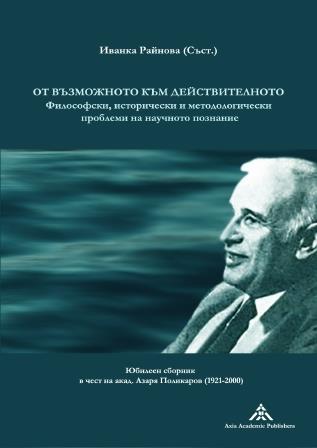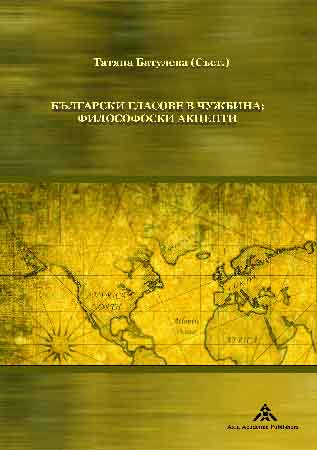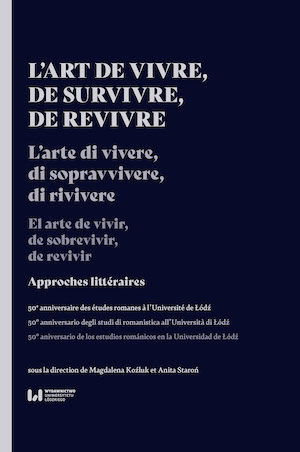
La tentation du mal. À propos “d’Un roi sans divertissement” de Jean Giono
In 1946, only a year after the World War II, Jean Giono, who became famous in the years 1929-1939 as a writer describing the human’s struggle with nature, writes “A King Alone” (“Un roi sans divertissement”), a novel which surprises his past readers with one of the characters being a serial killer fulfilling the uncontrolled need for entertainment by killing people. Langlois, the gendarmerie captain tasked with finding the murderer, attempts to understand the motive of the criminal turned from a respected and exemplary citizen into a potential assassin. Not to become the felon’s imitator, Langlois commits suicide. Giono’s novel is a tale of evil inextricably linked to human nature (the murderer’s name is Monsieur V. like in “voisin” – neighbor). The novel did not gain the popularity it deserved because after the World War II evil was the most willingly looked for in the defeated countries of the Axis (Germany, Italy, Japan), and the communist-opposed author was blacklisted by National Writers’ Committee, controlled by the Stalinists. “A King Alone” is a personal reflection of a writer marked by war, constituting the expression of his most pessimistic vision of human nature influenced by Machiavelli, Hobbes and Sade. The message of the novel is ambiguous: on the one hand, Langlois prefers committing suicide over being a tool of evil residing in every person; on the other hand, he interiorizes Mr. V.’s motives by exploring them, thus becoming – like any other human in Giono’s view – a potential killer. Langlois’ last act, when he takes his own life, makes him a figure of dark Christ, permeated by evil, who sacrifices himself not to become another link in the chain of malevolent individuals passing on to the potential imitators the penchant for killing, understood here as the highest form of entertainment and the contemplation of human mortality, embodied by the victim.
More...
